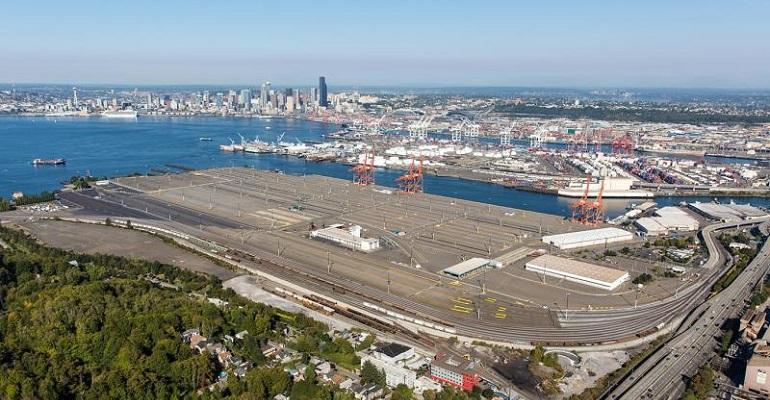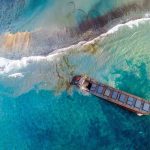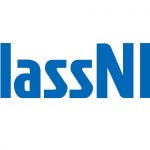The ports of Seattle, Tacoma, and the combined container operations of The Northwest Seaport Alliance (NWSA) have adopted near-term implementation plans that guide emission reduction efforts for seaport-related activities.
The Northwest Ports Clean Air Strategy covers six sectors of port activity: oceangoing vessels, cargo-handling equipment, trucks, harbour vessels, rail and port administration and tenant facilities.
The recently adopted implementation plans direct changes in equipment, fuels, and infrastructure to fulfil the ports’ voluntary commitment to the Clean Air Strategy’s vision of phasing out seaport-related emissions by 2050 to support cleaner air for local communities.
The Port of Seattle adopted the Charting the Course to Zero: Port of Seattle’s Maritime Climate and Air Action Plan which identifies strategies through 2030 to halve greenhouse gas emissions, including commitments to complete the Seattle Waterfront Clean Energy Strategy to plan for the transition to zero-emissions and phase-out fossil natural gas in port-owned buildings and transition all port-owned light-duty fleet vehicles to electric or renewable fuels.
“Each of our ports plans were developed in close collaboration with government, industry and community stakeholders whose engagement strengthened and increased the viability of the ports’ commitments,” said Fred Felleman, Port of Seattle Commission President and Co-Chair of The Northwest Seaport Alliance.
“We are starting today so that we can meet our carbon reduction commitments for decades to come and will continue to seek state, federal, and private resources to increase our competitiveness as a green gateway,” he adde
The Port of Tacoma adopted their Clean Air Strategy Implementation Plan on 17 November. “The adoption of these implementation plans is a critical step in the success of the Northwest Ports Clean Air Strategy and maintaining our commitment to reducing air emissions to zero,” stated Dick Marzano, Port of Tacoma Commission President and Co-Chair of The Northwest Seaport Alliance.
“Over the next five years, our ports will enact these changes and make key investments that enable us to protect air quality and continue to be leaders in the international call to take action on climate change.”
The Clean Air Strategy and port-specific implementation plans were developed with extensive engagement across industry, government, non-profits, and near-port communities.
The Northwest Ports intend to continue to collaborate with their stakeholders, other ports, and partners to advance toward a zero-emissions future, in addition to advancing an international engagement strategy for reducing vessel emissions. Northwest ports are also working with shippers and cruise operators to help them meet their own carbon reduction goals.
Source: Seatrade Maritime News






